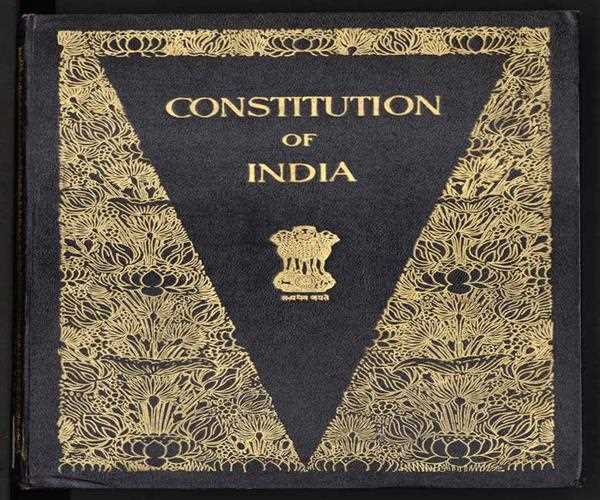When India gained independence from British rule in 1947, the country was partitioned into two separate nations: India and Pakistan. The Indian Constitution, which was drafted by a Constituent Assembly and came into effect on January 26, 1950, is a secular document. It does not identify India as a Hindu nation, nor does it give preference to any particular religion.
The Constitution of India guarantees equality of all citizens regardless of their religion, caste, or creed. It also provides for freedom of religion, and the right to practice any religion of one's choice. The Constitution prohibits discrimination on the basis of religion, and guarantees equal rights to all religious minorities.
The Constitution of India was drafted in the aftermath of the Partition of India, and the resulting violence and religious tensions between Hindus and Muslims. The drafters of the Constitution were mindful of the need to ensure that India remained a secular state, where all citizens would be treated equally.
The role of secularism in the Indian Constitution is evident in several provisions. For instance, Article 25 guarantees equality of treatment of all citizens in public places, irrespective of their religion. Article 27 prohibits the state from imposing any tax that would discriminate against any particular religion.

The Constitution also provides for freedom of conscience and the right to profess, practice, and propagate any religion. This right is subject to public order, morality, and health. The Constitution also prohibits religious instruction in government-funded educational institutions.
The Constitution of India was drafted with the intention of creating a secular state, where all citizens would be treated equally. The role of secularism in the Indian Constitution is evident in its various provisions.